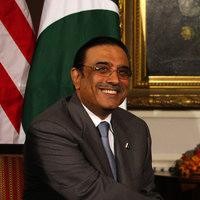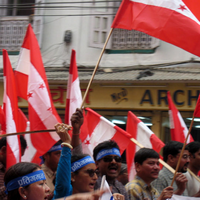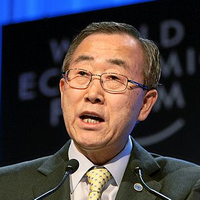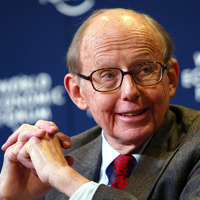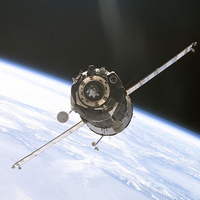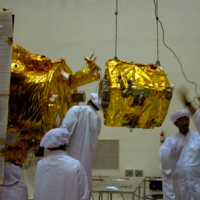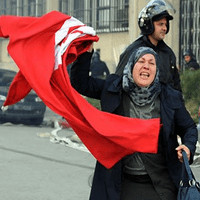
The future of women’s rights in the Arab Spring countries has been an open worry in recent months. Observers have noted there are no women in the transitional government in Egypt. Fundamentalist elements in Yemen that had opposed raising the marriage age for girls, currently at 8 years old, are among the chief opposition forces trying to bring down the Saleh government. Paraphrasing T.S. Eliot, spring might well be the cruelest season for women in the Arab world. It is in this context that recent reports in the Egyptian media are so troubling. According to the Egyptian Center for Women’s […]




